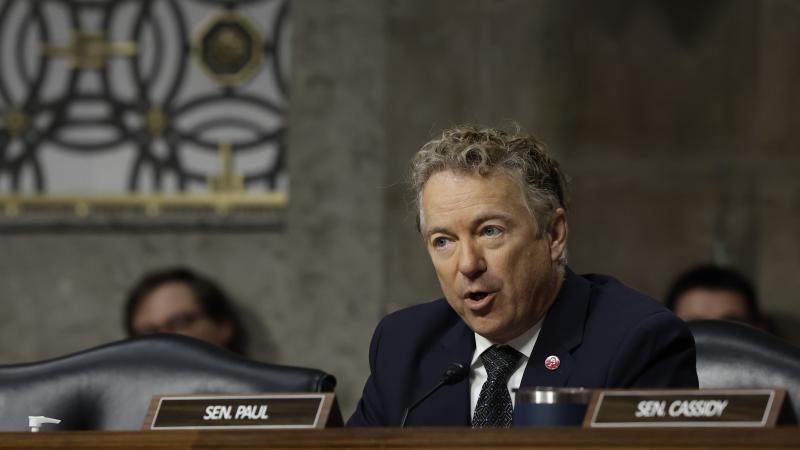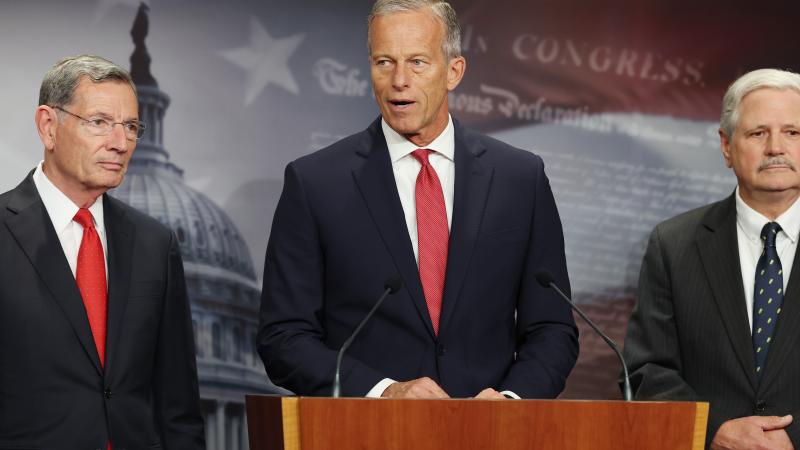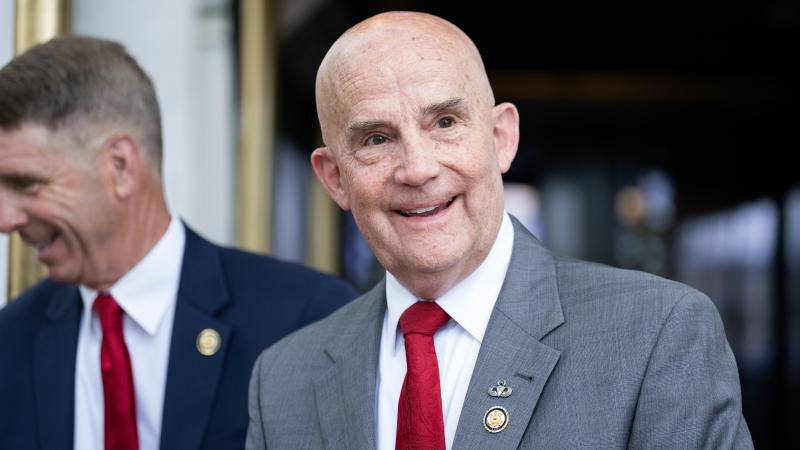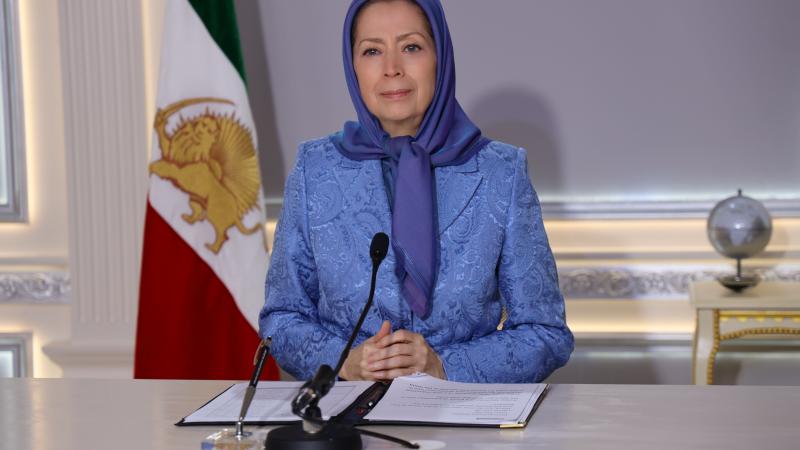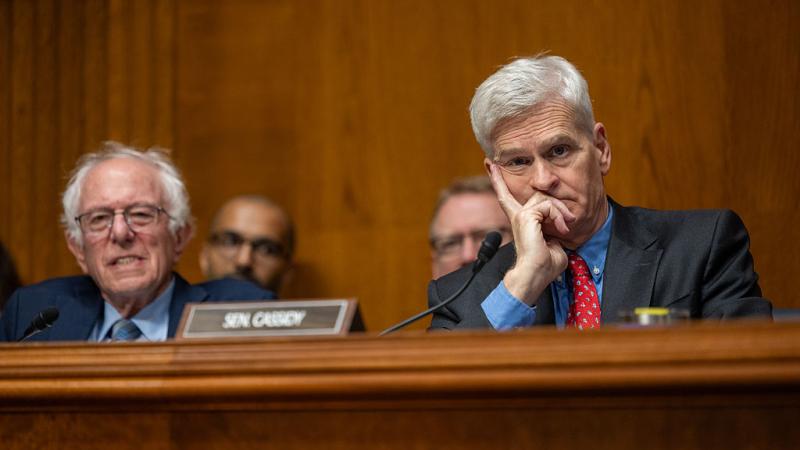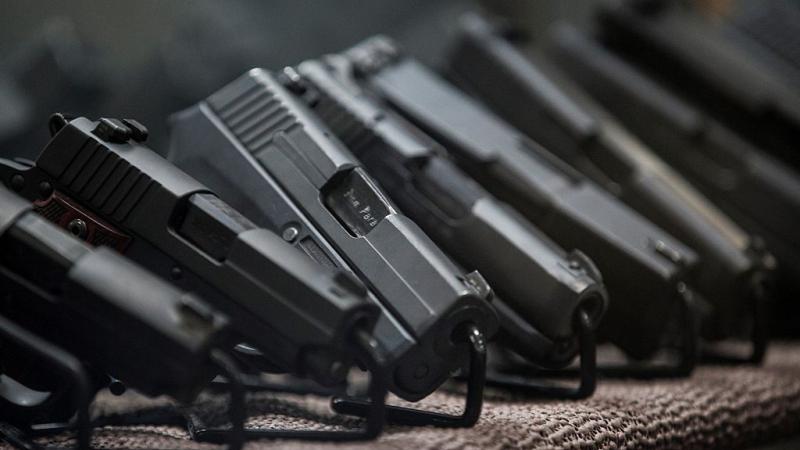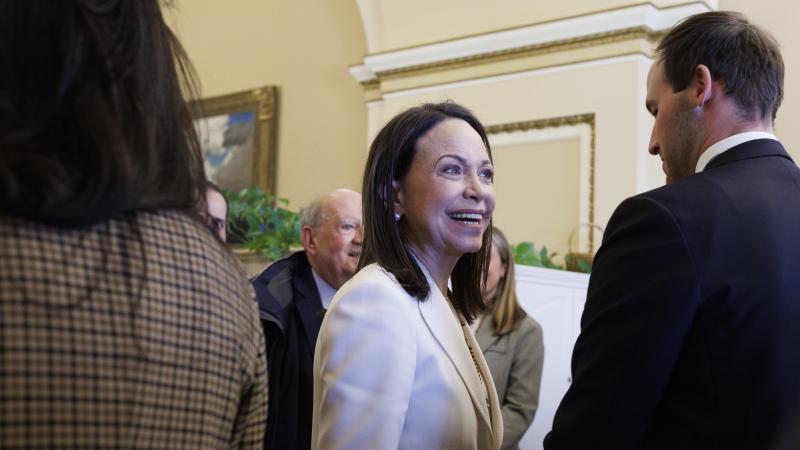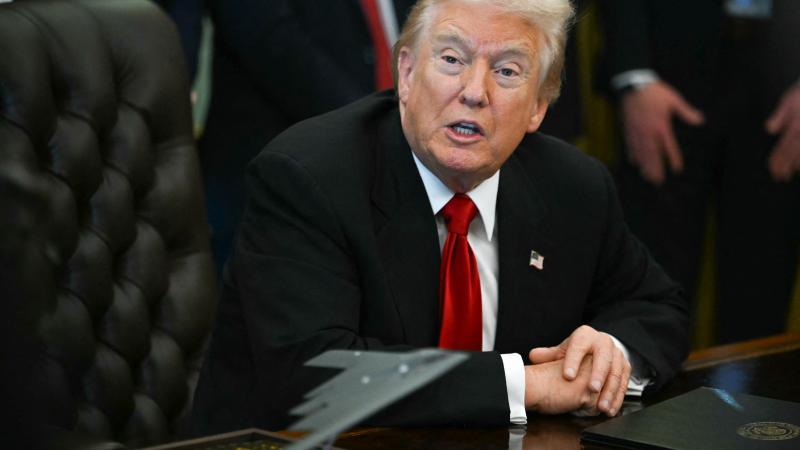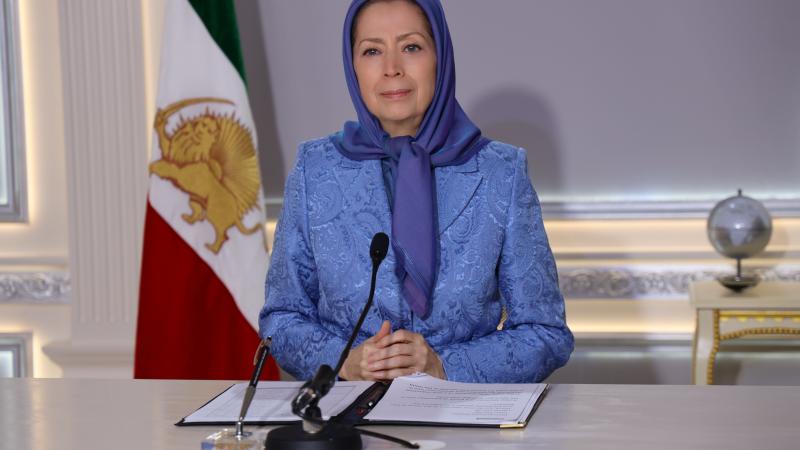Marco Rubio downplays PPP fraud: Government programs have 'fraud embedded in them'
Florida Republican senator, a chief architect of the Paycheck Protection Program during the pandemic, said law enforcement is not going to find every fraudster but he hopes they get as many as possible.
Addressing the massive amount of fraud leeching off the Paycheck Protection Program during the pandemic, Florida Republican Sen. Marco Rubio said government programs have "fraud embedded in them."
One academic study from last year conservatively estimated the total amount of fraud at about $76 billion. There were roughly 21 million forgivable loans distributed, but only about 180 people have been arrested so far in connection with PPP fraud.
Most recently, 8 people were charged for a $7 million PPP fraud scheme. In a separate case, a California man was convicted for "submitting fraudulent applications seeking money from the Paycheck Protection Program (PPP), submitting false statements to a financial institution, and money laundering." The fraud in that case totaled $27 million.
"Look, any government program, including legacy programs have, unfortunately, fraud embedded in them," Rubio told Just the News after speaking at a small business summit organized by Goldman Sachs. "And I'm glad that there was prosecutions, and like any crime, you're not going to get everybody. I hope we get as many as we can.
"But at the end of the day, I'm concerned about it, but had we not done PPP, our problems would have been far worse, we would have had a complete collapse of the small business sector in America and no way for them to stay open. It would have been catastrophic. So I think the way the program has been built out, hopefully we'll be able to put more people in jail for doing that."
National Pandemic Fraud Recovery Coordinator Roy Dotson, who has 30 years experience in law enforcement, said in May that he had "never seen" so much fraud in a government program prior to passage of the CARES Act, which set up the PPP, federal pandemic unemployment insurance and other economic relief programs.
"The system has never had to put out this kind of money," Dotson told Just the News. "You know, Department of Labor, SBA, they're small agencies, they really are. And their systems just weren't ready to vet them properly."
The unprecedented amount of money that Congress spent on stimulus programs like PPP immediately attracted domestic and international fraudsters looking to game the system.
"I've learned that fast money equals fast crime," said Dotson.
Steven M. D'Antuono, head of the FBI's Washington Field Office, told Just the News in May that it is preferable to find ways to prevent fraudsters from obtaining taxpayer funds in the first place rather than trying to claw money back after it's already been spent by criminals.
"We're trying to squirrel back as much money as we possibly can when we get these people, but as was described, a lot of times people are spending the money, right, spending on a Lamborghini or on a house or on a yacht or whatever ... siphoning off the money," he explained. "So it's trying to squirrel that stuff back and actually get dollar for dollar on that stuff because it's going to be difficult."

